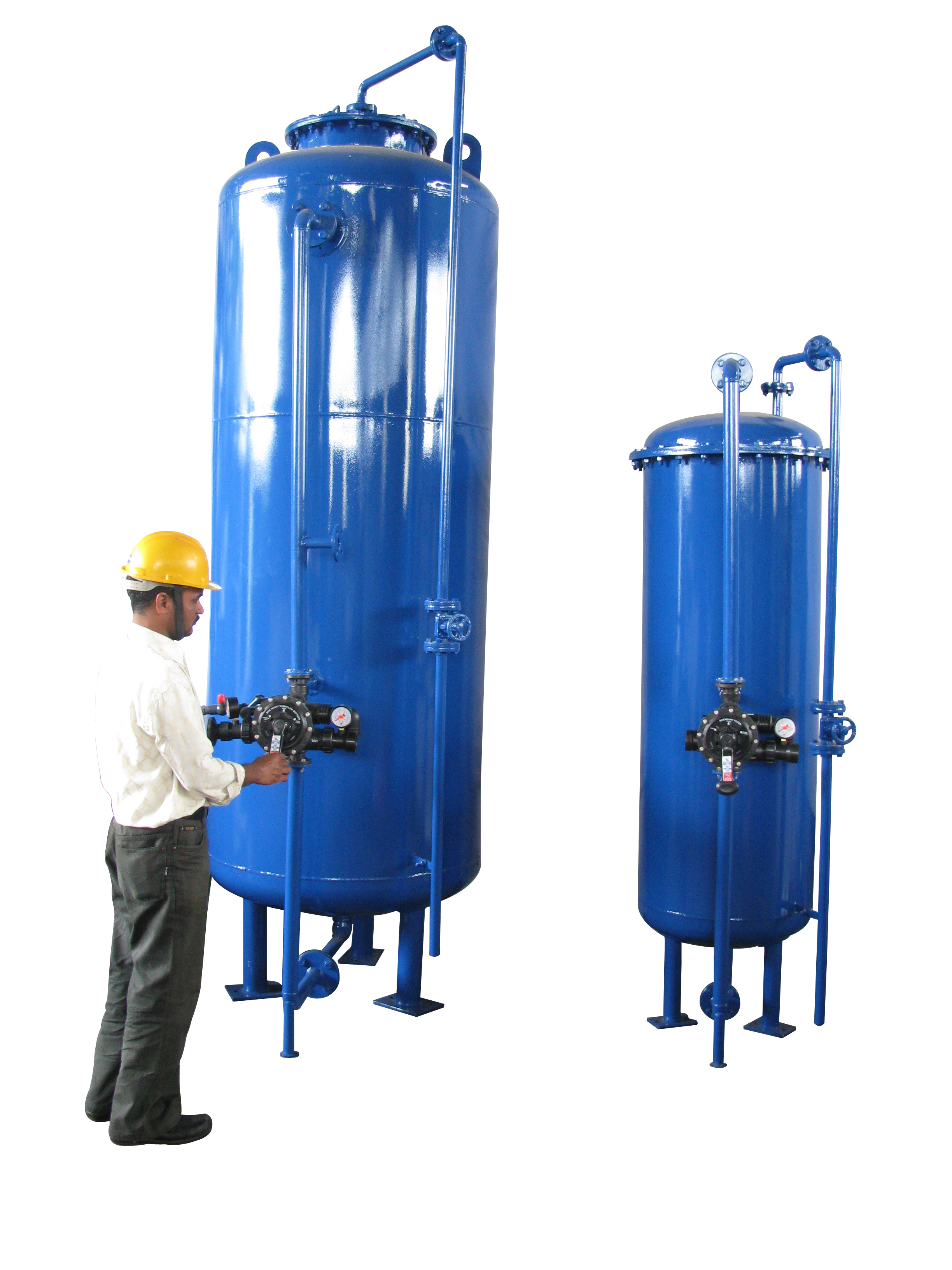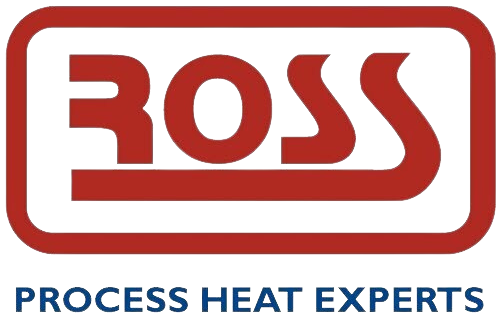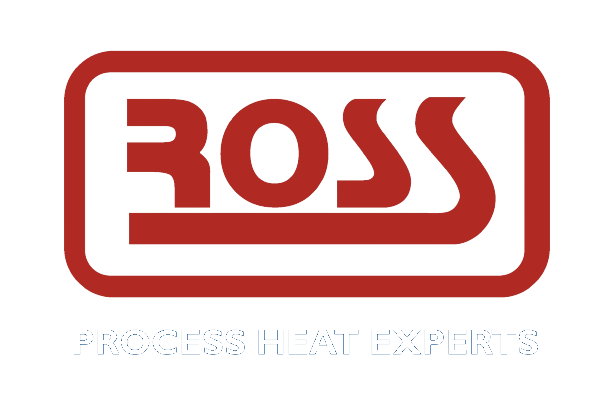Water Softeners

Water pollution, characterized by particulate matter and dissolved substances, poses a significant challenge. The presence of calcium and magnesium salts, leading to water hardness, can result in efficiency loss, increased fuel consumption, and elevated operating costs. At HiSoft, we offer advanced water softening solutions to combat these issues.
The Softening Process
HiSoft employs the reverse flow ion exchange process, an innovative technique to soften water effectively. Here’s how it works:
- Hard Water Entry: Hard water, laden with calcium and magnesium ions, enters the softener unit.
- Ion Exchange: Specially manufactured resin beads, saturated with sodium ions, facilitate the ion exchange process. Calcium and magnesium ions are swapped with sodium ions, transforming the water into a soft state.
- Regeneration: As the resin becomes saturated with hardness minerals over time, the softener requires regeneration. This involves passing salt water from the brine tank through the resin. During this process, hardness minerals are flushed down the drain, and the resin bed is rinsed, resettled, and recharged with sodium ions.
Benefits of HiSoft Water Softeners
- Efficiency Enhancement: Softened water prevents the deposition of calcium and magnesium salts on internal surfaces of boilers, pipes, and heaters, ensuring optimal efficiency.
Cost Reduction: With the removal of hardness minerals, there’s a reduction in fuel consumption and operating costs, contributing to overall cost efficiency.
Get a Quote
Unlock efficiency. Request a quote for our premier heating solutions.
FAQ's
Most Popular Questions.
Dive into the topics people are buzzing about with our collection of frequently asked questions—your go-to source for popular insights.
Water hardness is primarily caused by the presence of calcium and magnesium salts in the water. These minerals can lead to various issues, including efficiency loss, increased fuel consumption, and elevated operating costs in industrial processes.
The reverse flow ion exchange process is employed in HiSoft water softeners. In this innovative technique, hard water enters the softener unit. Specially manufactured resin beads, saturated with sodium ions, facilitate the ion exchange process. Calcium and magnesium ions are exchanged with sodium ions, transforming the water into a soft state. Periodically, the softener undergoes regeneration, flushing out accumulated hardness minerals and recharging the resin with sodium ions.
HiSoft Water Softeners offer several benefits, including:
- Efficiency Enhancement: Softened water prevents the deposition of calcium and magnesium salts on internal surfaces of boilers, pipes, and heaters, ensuring optimal efficiency.
- Cost Reduction: By removing hardness minerals, there is a reduction in fuel consumption and operating costs, contributing to overall cost efficiency.
Efficiency loss in industrial processes can lead to reduced productivity, increased energy consumption, and higher operating costs. Softened water helps mitigate efficiency loss by preventing the accumulation of hardness minerals that can hinder the performance of equipment and machinery.
Yes, Ross Boilers products have a global presence, catering to diverse industrial needs in countries worldwide. Whether you are in India, the United States, Canada, Australia, Brazil, Japan, China, South Africa, Mexico, Argentina, Saudi Arabia, United Arab Emirates, Qatar, Kuwait, Oman, Bahrain, Egypt, South Africa, Nigeria, Kenya, Ghana, or any other country, Ross Boilers and Thermals provide reliable solutions for various industrial applications.
For more specific information on the availability of Ross Boilers products in your region, please feel free to contact us.

